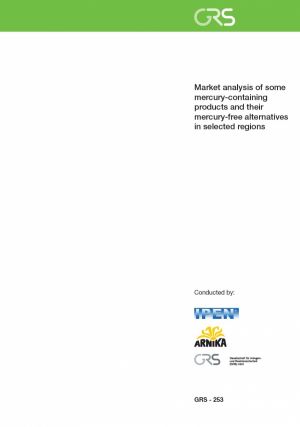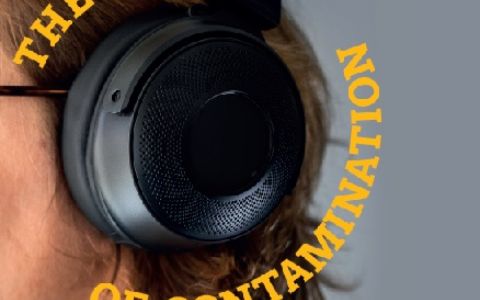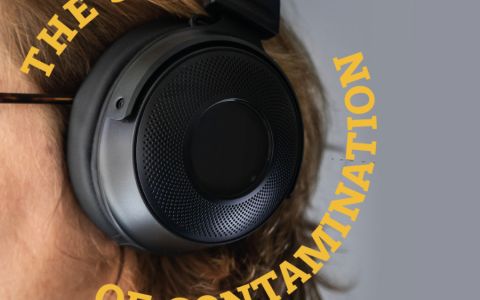Report based on research focused on mercury free products undertaken by CSOs in 8 countries, 4 continents in 2009
The goal of this project was to gather and analyze information related to the availability, suitability and cost of mercury-containing versus mercury-free mass products in developing countries (DCs) and countries with economies in transition (CiTs).
Methodology
In order to have a broad picture of the global situation, two countries were selected to represent each of four UN regions.
Tab. 1 Countries Involved in Surveys
| Africa | Asia | Eastern Europe | Latin America |
| Kenya | China | Kyrgyzstan | Brazil |
| Senegal | India | Russia | Mexico |
In each of these countries local non-governmental organizations (NGOs) carried out the survey in two or more selected major cities according to prepared questionnaires.
The study gives an overview about selected mercury-containing products and their mercuryfree alternatives in the above specified countries. The following widely-used consumer products were considered under this approach:
- thermometers and blood pressure meters used in hospitals and medical practices,
- thermometers for use in the home,
- skin-lightening products,
- common batteries and
- dental materials used for restoring teeth.
Information was gathered via interviews with local retailers, health care workers, professionals and consumers. Because of the rather limited number of interview partners per country (mostly between 10 and 25) the survey does not claim to give a representative picture of the individual countries. It should be understood as a first impression that allow for the identification of general challenges related to mercury-containing products.
Results were tallied and in addition, samples of batteries and skin-lightening products were collected and sent to GRS for further analysis.
Berlin / Gothenburg / Prague
Pages: 140
Language: English
Authors: Eric Uram (IPEN), Barbara P. Bischofer (GRS), Sven Hagemann (GRS)
Supporting data: Jindřich Petrlík, Jan Šamánek
ISBN: 978-3-939355-28-1







